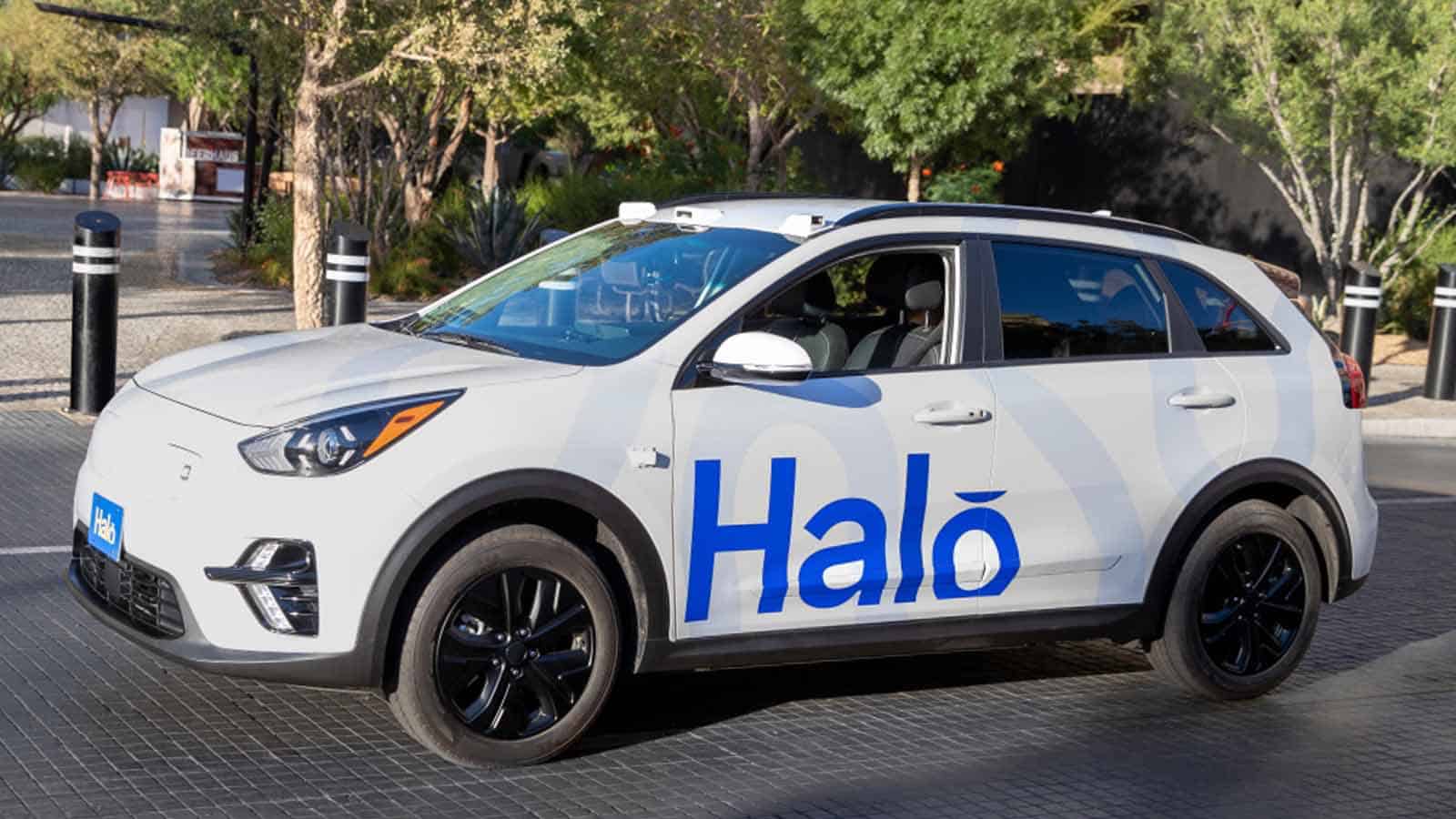News
Halo is a new ridesharing service that remotely drops off a car for you to drive around
Halo will initially test the service in Las Vegas.

Halo is an all-new ridesharing service currently being tested out in Las Vegas. The company announced earlier this week that it plans on launching the full-service ridesharing platform sometime later this year.
Halo is an app-based service where users can rent vehicles to use for a certain period of time. The cool thing about Halo is that, once you’ve booked a rental, a driverless car will be sent out for you to use for the duration of your rental. Once you’re done, the driverless car will be delivered back to its garage. Though, Halo’s vehicles aren’t necessarily completely driverless.
Of course, this isn’t the first form of autonomous ridesharing out there. Services like Waymo and Cruise have been around for a little while now testing similar services, and they consist of fully automated ridesharing that people can use in some cities. Where Halo differs is the fact that it’s not completely automated.
First of all, you become the driver of the vehicle once it has been delivered to you. But the more interesting part is what happens during delivery. Instead of being driven by AI, Halo’s vehicles will actually be driven by a human driver in a remote location.
Halo is backed by T-Mobile’s new 5G network, which helps make remote driving a possibility. 5G offers the minimal latency that is necessary to accomplish something like this, where even the smallest hiccups could be catastrophic.
As of right now, there are only plans for the Las Vegas release of an unknown amount of Halo vehicles planned for sometime later this year. However, if this is successful, there’s no reason that Halo couldn’t be expanded to other areas, as long as the 5G network is established. For now, we’ll have to wait and see.
Have any thoughts on this? Let us know down below in the comments or carry the discussion over to our Twitter or Facebook.
Editors’ Recommendations:
- Tesla is working on a $25,000 hatchback with new battery tech
- Tesla, Waymo, and more must now report all self-driving accidents to the government
- California’s DMV is investigating Tesla for misrepresenting its self-driving capabilities
- Waymo simulated a bunch of crashes in Arizona to prove its self-driving tech can save lives

































